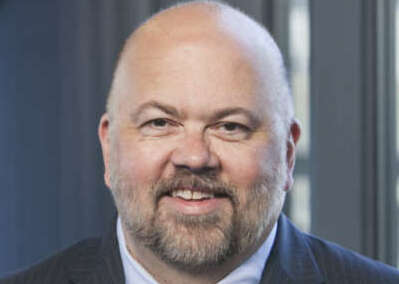
Elections and federal workers – the good and the bad
Elections are interesting times for federal workers, because there are so many risks and even some benefits.
This column was originally published on Jeff Neal’s blog, ChiefHRO.com, and was republished here with permission from the author.
Wall-to-wall election coverage is beginning earlier and earlier in presidential election cycles. By the time the actual election rolls around, many Americans just want it to be over.
But elections are interesting times for federal workers, because there are so many risks and even some benefits. Let’s start with the benefits.
After proposing a federal pay freeze, President Donald Trump reversed course and proposed a 2.6% pay raise for federal workers. If you read news reports about the reversal, one of the most common descriptors will be “surprising.” That is not the way I would describe it. In the past 50 years, federal workers have seen some of their best pay raises in presidential election years. Two million voting age adults who vote in higher numbers than the general population get a pay raise during an election year. It is not a surprise, it is politics being politics.
Pay raises are not the only benefits. While there was little chance that some of the proposals to cut federal benefits, reduce job protections, downsize agencies, and make other anti-federal worker moves would pass the House of Representatives, moving into 2020 means a snowball in Hades would have a stronger chance of surviving. Anti-worker legislation is dead in its tracks until at least January 2021.
That good news is accompanied by some election year risks. First on the list is the Hatch Act. Federal workers who Feel the Bern or want to MAGA, or anything else need to very carefully read Hatch Act information on the U.S. Office of Special Counsel website. Pay attention to whether you are a “less restricted” or a “further restricted” employee. If you are further restricted, you are prohibited from engaging in partisan political management or partisan political campaigns. OSC has excellent information that can help you decide which category you are in, and what you can and cannot do. If you have not read it recently, you should.
Remember that “I didn’t know it was illegal!” is not a viable defense. Most people who violate the Hatch Act do not do it deliberately. They think that having a fundraiser in their home is OK, because they are off duty, or that making a couple of calls for a candidate at their office desk using their cell phone during lunch is OK because they didn’t use the office phone and were on a break. They would be wrong.
Also wrong is the idea that the Hatch Act no longer applies because of some high visibility violators have not been punished. While a few political appointees may get away with Hatch Act violations, career employees do not enjoy that political protection and are likely to be disciplined or fired for illegal political activity. It is not a risk worth taking.
Related Stories
Finally, there is the distraction of elections. If you watch Fox News or MSNBC, the coverage is virtually nonstop. That distraction can cause people to get so worried about what might happen, that they have trouble focusing on doing their work. That is a real problem, because most federal employees have jobs that are important. They actually do make a difference and their work is vital.
Of course we should all be informed about candidates and where they stand on issues that are important to us. We should also vote for the candidate of our own choice. Federal workers have a lot at stake in every election. After all, federal employees are voting for their boss. Whichever side you are on, make certain you don’t cross any lines that will get you in trouble, and enjoy the fact that for once there is little doubt that feds will get a pay raise that they need.
Copyright © 2024 Federal News Network. All rights reserved. This website is not intended for users located within the European Economic Area.



